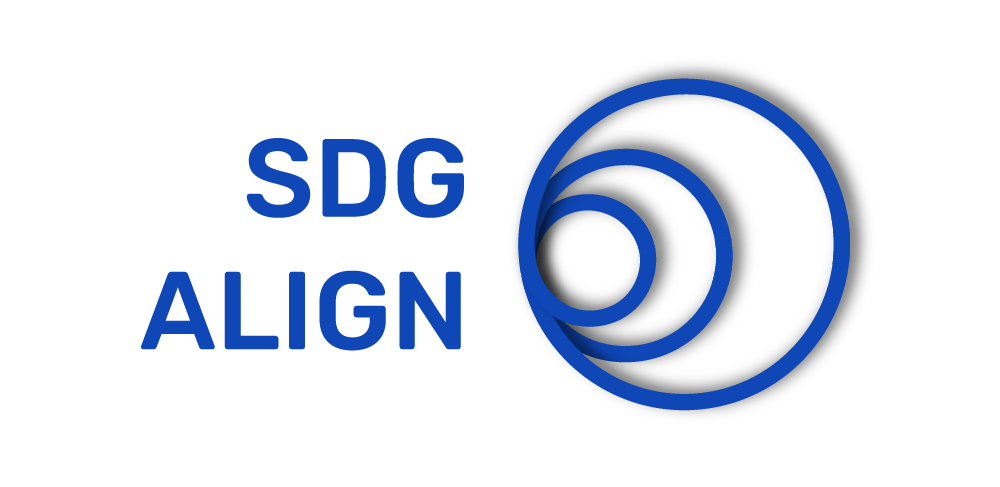For many in the built environment, the conversation around sustainability is limited to carbon and energy; it is assumed that sustainability equates solely with environmental concerns. However, the UN SDGs provide a far more complete framework of sustainability which includes environmental concerns but also equally highlights social and economic imperatives. We will be highlighting one of the 17 SDGs every week and relating it to how your business can help achieve these goals. This weeks focus is on SDG 8: Decent Work and Economic Growth and why it is important for businesses in Australia.
The Australian Built Environment
Small and Medium Business is the engine room of economic activity. According to the CSIRO, SMEs are by far the largest employer. They contribute more than half our national GDP and make up 99.8 per cent of all Australian businesses. The Australian Built Environment represents over 700.000 business and 1.2 million employees. Again, the majority of the business are very small with only 150 larger corporates.
Simply by operating a business, large or small, you are contributing to economic growth. The economic contribution you make through the products and services you sell flow into the community you and your value chain operate in. When you employ staff that contribution is shared directly with the community. That is why it is important for business in Australia to be aware of SDG 8.
As businesses we can focus on improving the profitability, efficiency, productivity and sustainability of our businesses. Targets 8.1 – 8.4 (details below) encourage business to grow, innovate, and improve efficiency.
Target 8.1: SUSTAINABLE ECONOMIC GROWTH

Sustain per capita economic growth in accordance with national circumstances and, in particular, at least 7 per cent gross domestic product growth per annum in the least developed countries.
Target 8.2: DIVERSIFY, INNOVATE AND UPGRADE FOR ECONOMIC PRODUCTIVITY

Achieve higher levels of economic productivity through diversification, technological upgrading and innovation, including through a focus on high-value added and labour-intensive sectors.
Target 8.3: PROMOTE POLICIES TO SUPPORT JOB CREATION AND GROWING ENTERPRISES

Promote development-oriented policies that support productive activities, decent job creation, entrepreneurship, creativity and innovation, and encourage the formalization and growth of micro-, small- and medium-sized enterprises, including through access to financial services.
Target 8.4: IMPROVE RESOURCE EFFICIENCY IN CONSUMPTION AND PRODUCTION

Promote development-oriented policies that support productive activities, decent job creation, entrepreneurship, creativity and innovation, and encourage the formalisation and growth of micro-, small- and medium-sized enterprises, including through access to financial services.
What about our people?
Targets 8.5-8.8 are about ensuring business plays its part in creating opportunity for full employment, supports, educates and develops its staff, and protects worker rights and safety. With more then half the Australian workforce employed in SMEs it is critical to consider how you can improve your contribution. this is particularly important in attracting and retaining the talent you business needs and also a vital tool in community engagement.
Target 8.5: FULL EMPLOYMENT AND DECENT WORK WITH EQUAL PAY

By 2030, achieve full and productive employment and decent work for all women and men, including for young people and persons with disabilities, and equal pay for work of equal value.
Target 8.6: PROMOTE YOUTH EMPLOYMENT, EDUCATION AND TRAINING

By 2020, substantially reduce the proportion of youth not in employment, education or training.
Target 8.7: END MODERN SLAVERY, TRAFFICKING AND CHILD LABOUR

Take immediate and effective measures to eradicate forced labour, end modern slavery and human trafficking and secure the prohibition and elimination of the worst forms of child labour, including recruitment and use of child soldiers, and by 2025 end child labour in all its forms.
Target 8.8: ROTECT LABOUR RIGHTS AND PROMOTE SAFE WORKING ENVIRONMENTS

Protect labour rights and promote safe and secure working environments for all workers, including migrant workers, in particular women migrants, and those in precarious employment.
Links with other SDGs
Once you start thinking about making a contribution to decent work and economic growth has many interactions, particularly with the social elements of Sustainable Development.
- SDG 1: No Poverty: Creating employment helps lift people out of poverty, secure employment enables individual economic security
- SDG 3: Good Health: economic security helps nutrition and self care. workplace must also ensure safe and healthy (physical and mental) environments
- SDG 4: Quality Education: Employers can help their staff to develop new skills and career pathways
- SDG 5 and 10 are about ensuring equal opportunity for all and this is essential for business looking for talent.
- SDG 9: Industry, Innovation and Infrastructure
- SDG 12: Responsible consumption and production
What can your business do and why does it matter?
The first step for businesses is to put Sustainable Development on their business horizon. This will help innovation and to create sustained and sustainable growth.
Secondly, from a people perspective you can review policies and procedures to ensure you are taking the best care possible of your biggest asset, your people. even if you are a sole trader you need to take care of yourself.
Thirdly, you can also look beyond your own business and consider the your supply chain. The business you buy from, sell to, or collaborate with are likely on the same journey as you. Buy local where you can and make sure your suppliers are also doing the right think by their people and the planet – lead by example!
What does sustainable development mean to you?
Do you want to know how your business can make an impact towards a sustainable future and help work towards the end of hunger in Australia?
Our self-assessment (SDG alignment tool) will help you understand how you can align with your stakeholders and be the change you want to see.
Further reading
CSIRO: SMEs key to driving growth









